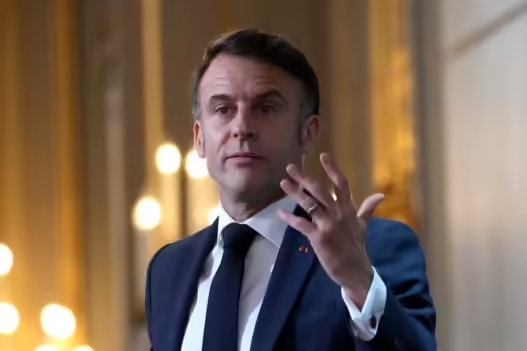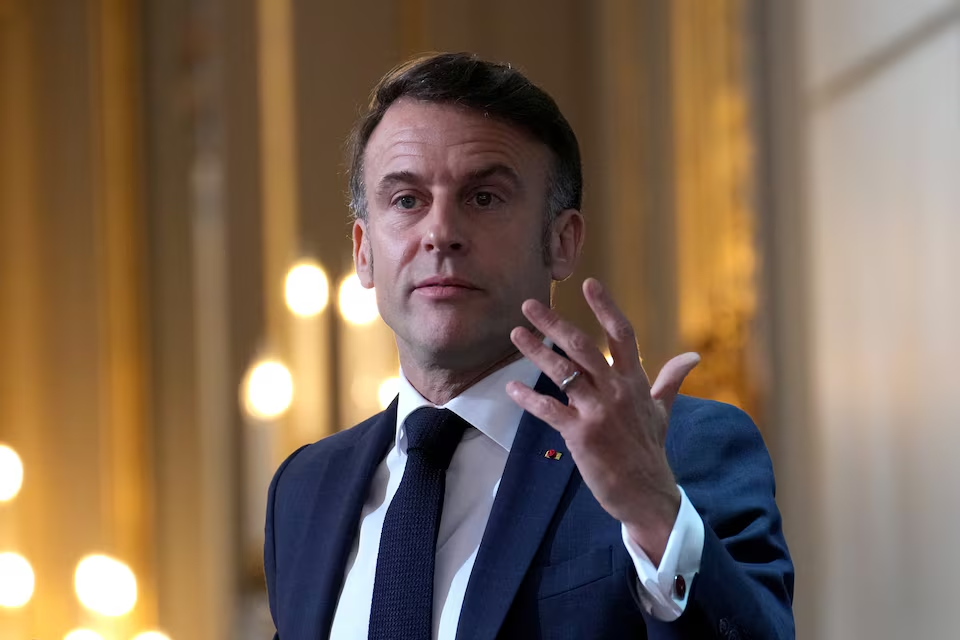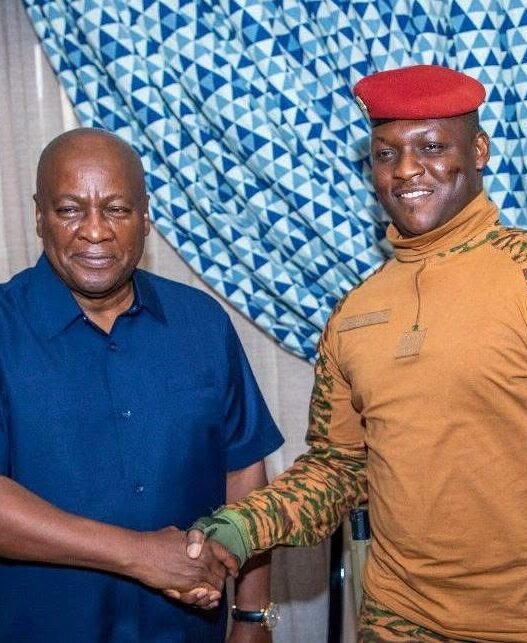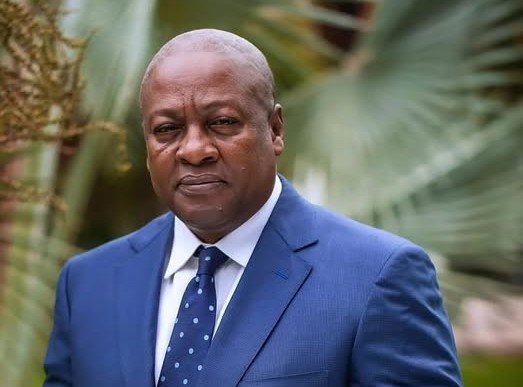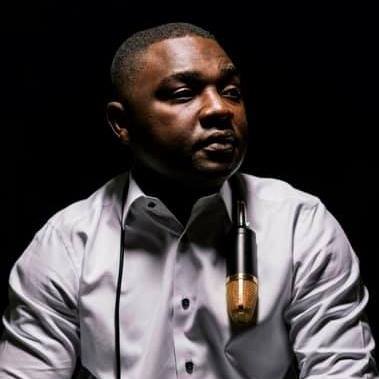French President Emmanuel Macron has drawn strong criticism from Senegal and Chad following his remarks accusing Sahel states of being “ungrateful” for France’s role in combating jihadist insurgencies in the region. Macron’s comments, made during a Monday address, suggested that Sahel countries had “forgotten” to express gratitude as French troops withdraw from West Africa.
The remarks have sparked outrage among African leaders, with officials from Senegal and Chad condemning them as disrespectful and reflective of outdated views on African sovereignty and security.
Senegal’s Response
Senegal’s Prime Minister, Ousmane Sonko, delivered a scathing rebuttal, emphasizing France’s controversial role in Africa.
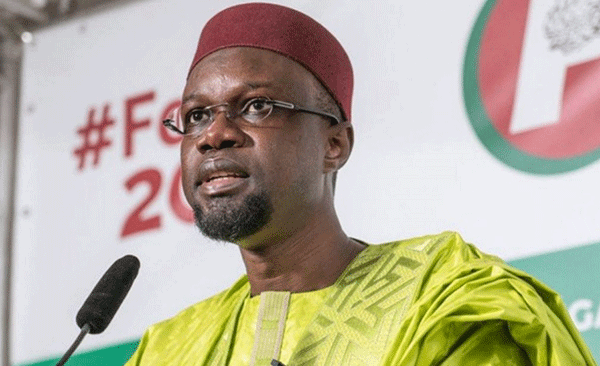
“France has neither the capacity nor the legitimacy to ensure Africa’s security and sovereignty. On the contrary, it has often contributed to destabilising certain African countries,” Sonko said.
He further asserted that African nations must prioritize their own sovereignty and security without reliance on external powers that may have conflicting interests.
Chad’s Rejoinder
Chad’s Foreign Minister, Abderaman Koulamallah, echoed Senegal’s sentiments, calling for mutual respect between African nations and France.
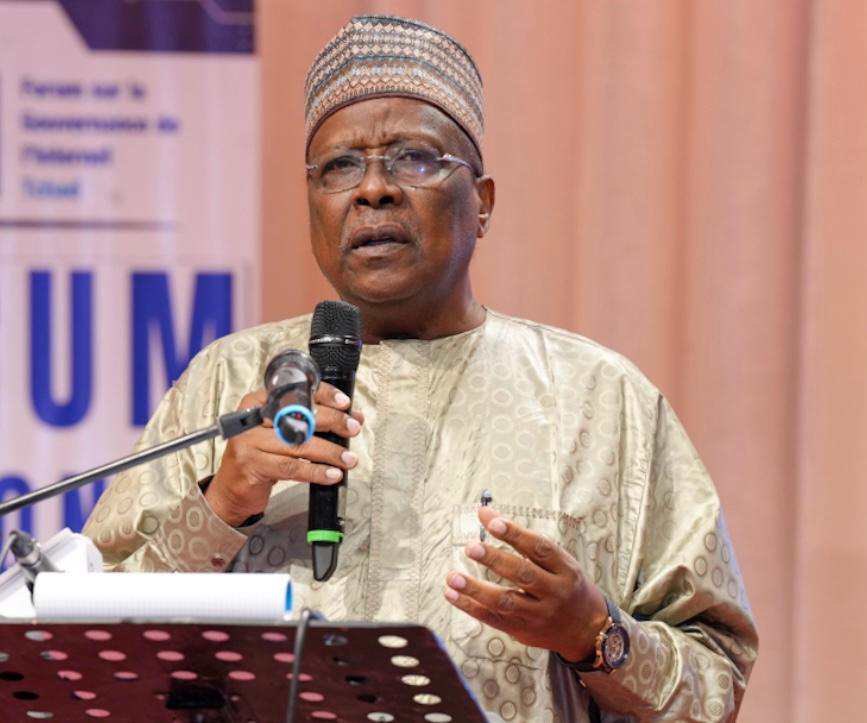
“French leaders must learn to respect the African people and recognise the value of their sacrifices,” Koulamallah remarked.
Context of Macron’s Remarks
Macron’s comments come as France continues to withdraw troops from the Sahel region following years of counter-insurgency operations. French forces have faced mounting criticism over their effectiveness and allegations of contributing to instability in the region.
Several African nations, including Mali and Burkina Faso, have called for greater autonomy in addressing security challenges, seeking partnerships beyond France.
Shifting Dynamics in Franco-African Relations
The strong rebukes from Senegal and Chad underscore growing tensions in Franco-African relations, as many African leaders push back against perceived neocolonial attitudes.
This incident adds to a broader conversation about Africa’s path toward self-reliance, sovereignty, and the reevaluation of partnerships with former colonial powers.









